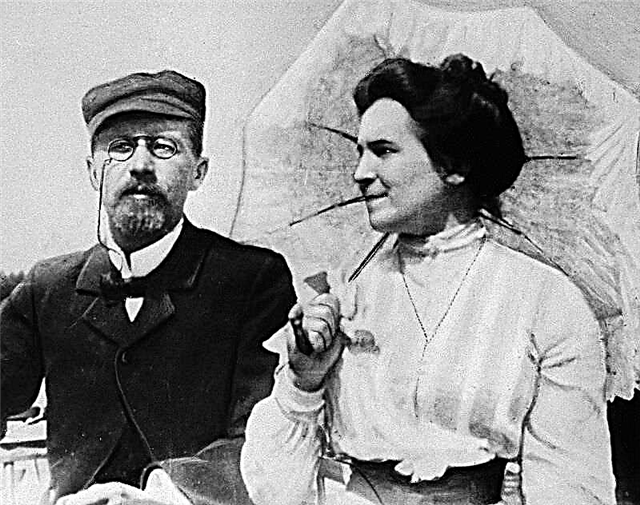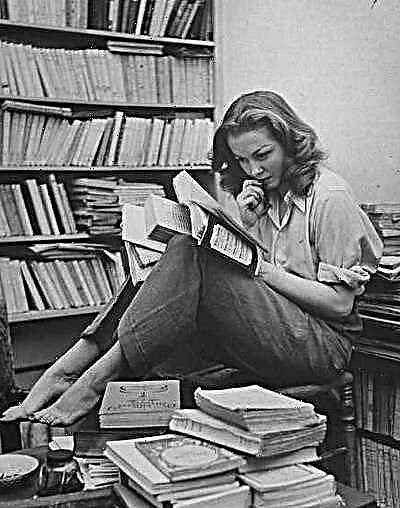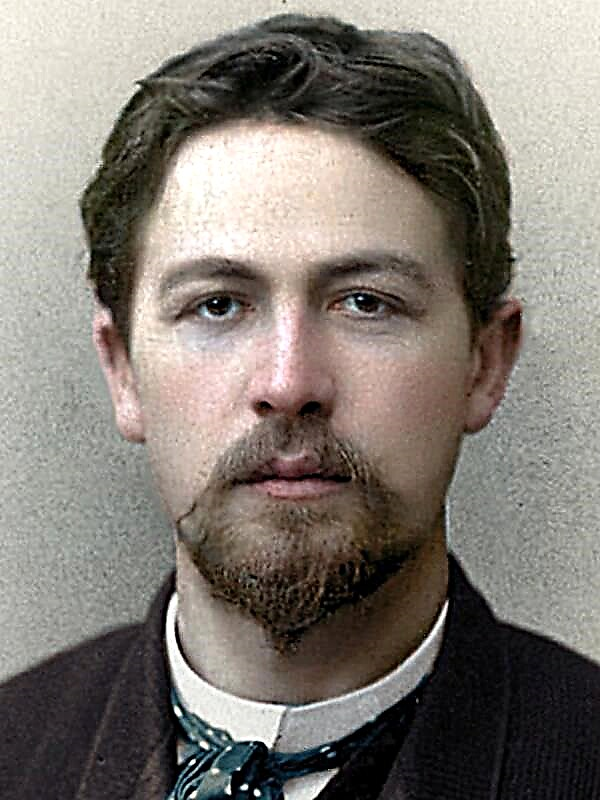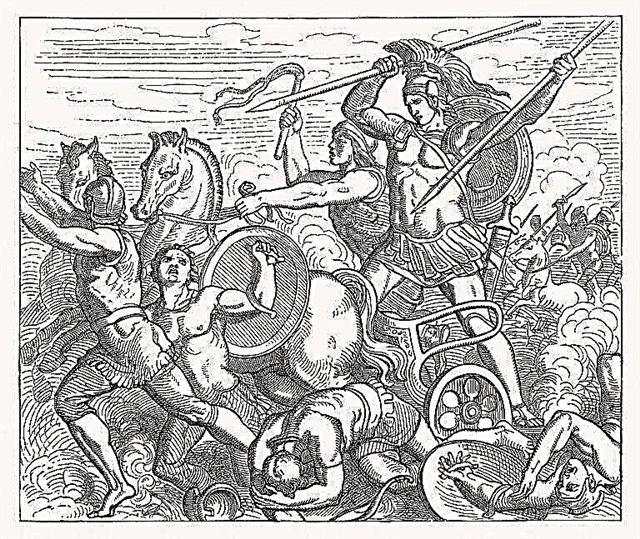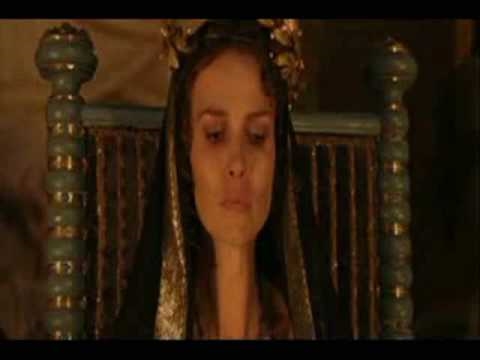(350 words) The novel “The Master and Margarita” is one of the favorite works of the school curriculum of many students, because it differs noticeably from the rest, at least by the presence of evil spirits in the plot. Many readers are tired of the fact that problems in the literature are presented on the scale of ordinary situations. In his novel, Bulgakov speaks of a no less pressing issue, but in a different language, because the author makes the devil one of the central characters - this is intriguing. What kind of question is this? The author hides in a complex structure many meanings under each story: lyrical, satirical, and fantastic.
The ideological core of the novel is four chapters devoted to the history of the procurator of Judea Pontius Pilate and the philosopher Yeshua Ha-Nozri. The events taking place in Ancient Yershalaim are also described in the “not burning manuscripts” of the Master. “Cowardice is the most terrible vice”, Yeshua says, his phrase becomes a winged expression and is associated with Bulgakov’s mystical work. Thanks to the dialogue between Yeshua and Pilate, who asserts significant thoughts for the reader, the novel is filled with the deepest meaning, but this is not all.
The novel is also interesting by its reference to Goethe's work “Faust”, because even the epigraph to “The Master and Margarita” is the words of Mephistopheles. In Bulgakov, this applies, of course, to Woland. The name of the hero’s beloved - Margarita - is also common in two works, only this time Bulgakov demonstrates to the reader the power of love. A bright feeling pushes Margarita to the dark side: for the sake of the Master she becomes the mistress of the ball of Satan, turns into a witch and makes a deal with the devil. If Goethe Margarita is not the meaning of Faust’s life, then Bulgakov’s love is what makes the world save its souls.
Well, of course, one cannot ignore the paradox of the work - the evil in the novel is personified not so much in Woland and his retinue as in ordinary people. Surprisingly, the devil is more fair here, he even helps the desperate Margarita. It is very important for the reader to understand the reason for this help of Woland, because under his motive the meaning of the work is also hidden. Moscow residents are puzzled by the "housing problem", money is almost the most important thing for them, and for the Master and Margarita, the spiritual stands above the material. Satan saw this bright impulse and helped the lovers to preserve their fragile world, where there is neither the darkness that they have overcome in themselves, nor the light that they are not worthy. Thus, the author recognizes man as weak, he is not an angel, and he can only be saved through earthly love.

